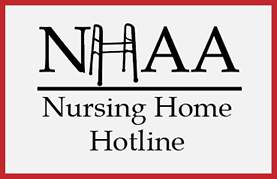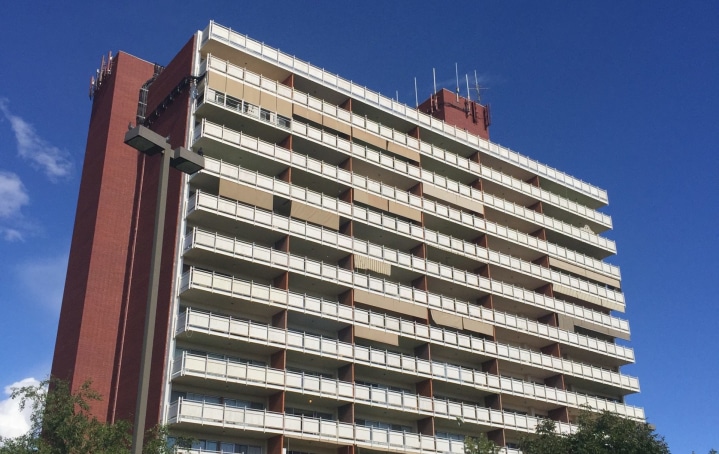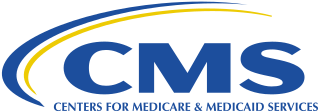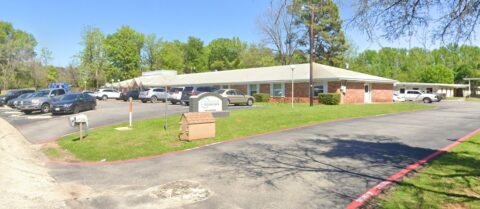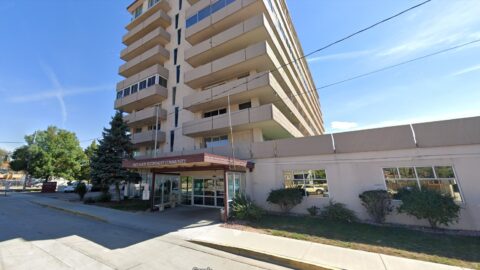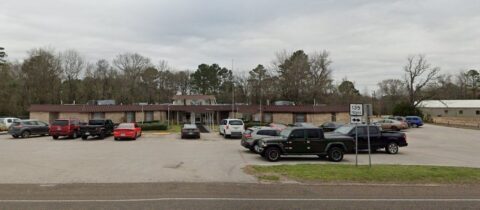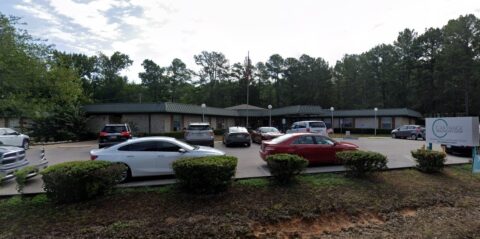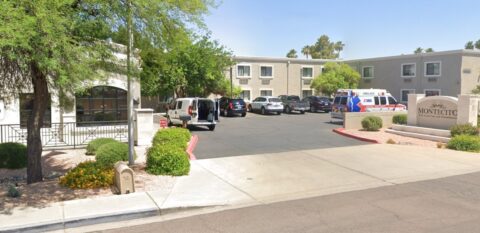State Findings:
The Department of Health & Human Services conducted an inspection of the facility. The following highlighted decencies listed below were found in a public survey.
Provide appropriate pressure ulcer care and prevent new ulcers from developing.
Based on observation, record review and interviews, the facility failed to ensure residents received care consistent with professional standards of practice to prevent pressure injuries for two (#48 and #54) of four residents out of 33 sample residents.
Resident #54 was admitted to the facility with a known risk of developing pressure wounds. The resident developed a blister on the right heel caused by poor-fitting shoes the wound started as a blister that worsened and required medical attention. The blister developed into a deep tissue pressure injury and progressed after several weeks and surgical debridement to a stage 4 pressure injury to his right heel.
Once the deep tissue injury was identified the facility developed a care focus for the wound and implemented the use of cushioned bunny boots and heel floating with pillows to offload pressure off of the resident’s heels to promote healing. Based on observations and interviews, the facility was not consistently providing offloading assistance to relieve pressure on the resident’s heels. The stage 4 pressure injury to Resident #54’s right heel was first identified as a concern on 9/16/23 and progressed to a stage 4 pressure wound on 10/18/23 the wound was still in a state of healing and is classified as unhealed.
The facility’s failure to implement interventions with his known risk led to Resident #54 developing a facility-acquired right heel pressure injury.
Ensure that a nursing home area is free from accident hazards and provides adequate supervision to prevent accidents.
Based on record review, observations, and interviews, the facility failed to keep residents safe from accident hazards related to falls for one (#76) of two residents reviewed for falls out of 33 sample residents.
Specifically the facility failed to provide Resident #76 timely assistance to use the bathroom after the administration of a laxative medication causing the resident to fall and become injured sustaining an abrasion to the head and knee pain.
Provide safe and appropriate respiratory care for a resident when needed.
Based on resident observations, record review, and staff interviews, the facility failed to ensure residents received respiratory treatment as ordered for one (#185) of two residents reviewed for supplemental oxygen use out of 33 sample residents.
Specifically, the facility failed to:
-Administer oxygen therapy according to the physician’s order for Resident #185;
-Clean and store Resident #185’s nebulizer equipment according to the manufacturer’s recommendations after each use; and,
-Ensure a care plan focus was in place to include Resident#185’s respiratory needs and all required
components of oxygen therapy, nebulizer treatment, equipment maintenance, and machine storage.
Provide enough nursing staff every day to meet the needs of every resident; and have a licensed nurse in charge on each shift.
Based on interviews and record reviews, the facility failed to provide and deploy sufficient nursing staffing during weekends to meet the needs of residents in keeping with their comprehensive care plans and ensure their highest practicable quality of care.
Specifically, the facility failed to provide sufficient nursing staff fiscal year (FY) Quarter 3 2023 (April 1-June 30) with excessively low weekend staffing to provide dignified and quality care, prevent falls and accidents, and prevent pressure ulcers. Cross-reference F686: failure to prevent pressure ulcer; and F689 failure to prevent falls and accidents.
Ensure medication error rates are not 5 percent or greater.
Based on observations, record review and staff interviews, the facility failed to ensure it was free of
medication error rates of five percent or less.
Specifically, the medication pass observation error rate was 7.41% or two errors out of 27 opportunities for error.
Procure food from sources approved or considered satisfactory and store, prepare, distribute and serve food in accordance with professional standards.
Based on observations and interviews, the facility failed to label and date stored food items and distribute and serve food in a sanitary manner in two of three kitchens. Specifically, the facility failed to:
-Ensure cold food items were held at the proper temperature to reduce the potential risk of foodborne illness;
-Ensure that stacked pans did not contain moisture between the pans; and,
-Ensure kitchen vents in the main kitchen were free from hanging dust.
Provide and implement an infection prevention and control program.
Based on observations and interviews the facility failed to maintain an infection control program designed to provide a safe, sanitary and comfortable environment to help prevent the development and transmission of diseases and infection for three out of three units at the facility.
Specifically, the facility failed to:
-Ensure proper infection control practices were followed in the laundry area including wearing a gown when loading dirty laundry into the washing machines, and storing dirty laundry away from clean areas and clean clothing ; and
-Ensure residents were provided an opportunity to participate in hand hygiene before meals.
Your Experience Matters
...and we want to hear it.
NHAA is here to assist families, residents, and the community by sounding the alarm on issues like those found above. This nursing home and many others across the country are cited for abuse and neglect.
If you have or had a loved one living in this nursing home or any other nursing home where you suspect any form of abuse or neglect, contact us immediately.
We have helped many already and we can help you and your loved one as well by filing a state complaint, hiring a specialized nursing home attorney or helping you find a more suitable location for your loved one.
You can make a difference, even if your loved one has already passed away.
Please give us a call at 1-800-645-5262 or fill out our form detailing your experience.
Personal Note from NHA-Advocates
NHAA shares with all the families of loved ones who are confined to nursing homes the pain and anguish of putting them in the care of someone else. We expect our loved ones to be treated with dignity and honor in the homes we place them. We cannot emphasize enough to family members of nursing home residents; frequent visits are essential to our loved ones’ well-being and safety.
If you are struggling and upset, click here to understand your options, or contact us through our contact form or call our toll free hot line number: 1-800-645-5262.
